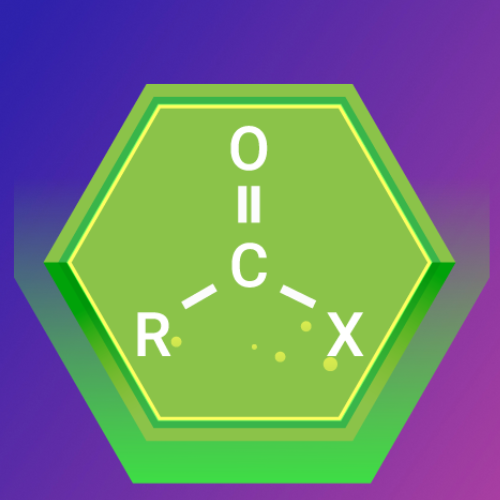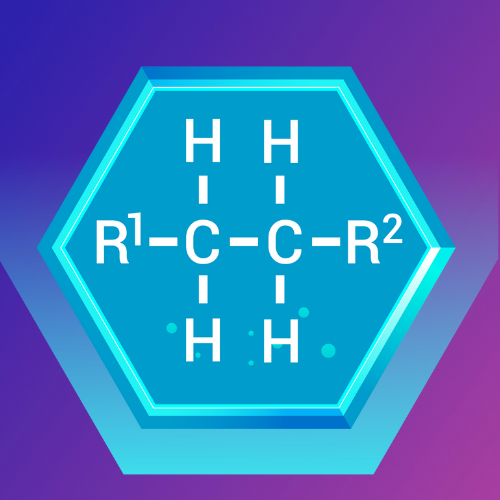
Introducing Organic Chemistry Mini-Games: Gamification for Better Learning
Welcome to Masters of the Universe!
Hello, fellow science-lovers! My name is Tony, and I am a PhD student at Maastricht University in the Netherlands. I am excited to introduce a fun way to learn organic chemistry: through engaging and interactive mini-games! Let me share with you why I embarked on this journey and how these games can make learning chemistry a fun and enriching experience.
Why Gamify Organic Chemistry?
As a PhD student specializing in chemistry of materials, I’ve spent countless hours immersed in the world of chemistry, both learning and teaching. During my time at Maastricht University, I noticed a common struggle among students: grasping complex concepts in organic chemistry. The crazy names for structures, reaction mechanisms, and endless memorization can make learning feel daunting and tedious.
I found myself asking, "Why does learning chemistry have to be so challenging and monotonous? Is there a way to make it more engaging?" This question sparked the idea to combine my love for gaming with my passion for chemistry. Thus, the concept of creating mini-games for organic chemistry was born.
What Are These Mini-Games About?
The mini-games I've developed are designed to break down complex organic chemistry concepts into manageable, interactive segments. Here’s a sneak peek into what you can expect:
- Molecule Match-Up:
- Objective: Match molecules with their correct names or structures.
- Learning Outcome: Enhance your ability to recognize and recall different organic molecules and their structures.
- Reaction Time:
- Objective: Identify and complete reaction mechanisms by selecting the correct reagents and conditions.
- Learning Outcome: Understand various organic reactions and the reagents involved in each process.
- Functional Group Frenzy:
- Objective: Sort compounds based on their functional groups within a time limit.
- Learning Outcome: Quickly identify and classify functional groups in organic compounds.
- Synthesis Challenge:
- Objective: Plan and execute multi-step synthesis pathways to create target molecules.
- Learning Outcome: Develop strategic thinking and a deep understanding of synthesis planning and execution.
- Nomenclature Ninja:
- Objective: Master the IUPAC naming of organic compounds through interactive quizzes and puzzles.
- Learning Outcome: Gain confidence and accuracy in naming organic compounds according to IUPAC standards.
Why These Games Make a Difference
- Engagement: Traditional learning methods can often be dry and uninviting. By turning study material into interactive games, students are more likely to engage with the content and spend more time learning.
- Reinforcement: Games provide immediate feedback, allowing students to learn from their mistakes and reinforce their knowledge through repetition in a fun context.
- Motivation: Gamification introduces elements of competition and reward, motivating students to improve their scores and, consequently, their understanding of the subject matter.
- Accessibility: These mini-games are designed to be accessible to students at various levels of understanding, making it easier for everyone to grasp complex concepts at their own pace.
Join the Fun and Master Organic Chemistry!
I invite you to explore these mini-games and experience a new way of learning organic chemistry. In order to access the minigames, you must be a member. Whether you're a high school student, an undergraduate, or just someone interested in chemistry, these games are designed to make learning organic chemistry enjoyable and effective.
Stay tuned for more updates, new games, and exciting features. Let’s turn the challenge of learning chemistry into an adventure that you'll look forward to every day!





